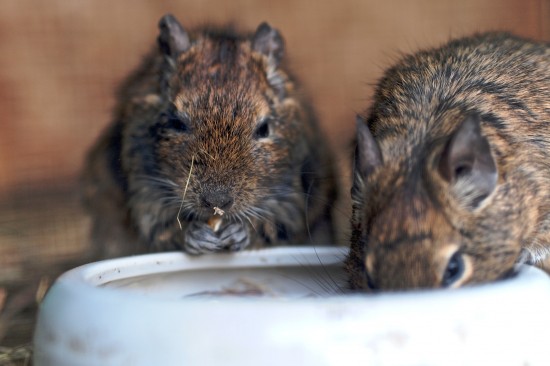
FIV of Feline Immunodeficiency Virus is a type of lentivirus that has the ability to cause a disease that develops slowly and can severely affect pet health. The disease can be extremely fatal for your cat but even then studies have reflected that even with this kind of a pet health problem, your cat might live for quite a few years without showing any positive symptoms related to this illness.
FIV occurs across the world and is prevalent almost everywhere. More than 1.5% to 3% cats have been affected by FIV in the United States alone. Around 5% of all FIV-positive cats suffer from a form of feline leukemia virus (FeLV). The Feline immunodeficiency virus or FIV is capable of causing a severe pet health problem in mostly domestic cats and also in cheetahs. The FIV is quite similar to that of the immunodeficiency virus or HIV virus in humans. This virus will attack the immune system of your cat and weaken him so much that he will become susceptible to different types of diseases and serious infections. This virus is a serious pet health issue that you need to take care of the moment you see the symptoms. The major problem is that there is no cure available for FIV as of yet and but there are vaccines that you can have administered on your cat to prevent any infection.
The risk factors in FIV comprise of:
1. Age of your cat
2. The gender of your cat
3. The type of illness
4. The amount of time your cat spends outdoors
Normally, FIV will infect older cats than the younger ones and cut the average age of any cat down to just 5 years. Aggressive cats especially males who often get involved in fights with other cats have a higher susceptibility than any non-fighting cat to this severe pet health problem.
Normally the sick cats or the ones who have this pet health problem will be much weaker than other cats. According to a survey, it has been seen that almost 15% of all cats in the United States show some type of clinical signs of FIV infection.
FIV is easily transmitted through deep bite wounds in cats. So if your cat has been involved in a fight, you should first check for bite wounds so that you can completely avoid this pet health problem. There are other scenarios in which the FIV virus can get transmitted to a cat like from a mother or queen cat to the newborn kittens and this can happen in the gestation period itself or during nursing. Like HIV, FIV is also transmitted through blood transfusion.
FIV is a deadly virus that affects only cats and some other felines as the name suggests. Some pathogens like parasites and bacteria are responsible for causing other infections you抮e your cat has been declared FIV-positive. This is considered a severe pet health problem because the FIV virus can get transmitted from your cat to humans, which can greatly compromise their immune systems.
 Different Types Of Retrievers
Different Types O
Different Types Of Retrievers
Different Types O
 How To Prepare For Adopting A Degu
How To Prepare Fo
How To Prepare For Adopting A Degu
How To Prepare Fo
 Do You Think Your Sport Horse Has A Big Heart? It Might Be True
Do You Think Your
Do You Think Your Sport Horse Has A Big Heart? It Might Be True
Do You Think Your
 Common Dog Health Problems & How To Deal With Them
Common Dog Health
Common Dog Health Problems & How To Deal With Them
Common Dog Health
 Dog Daycare Isn't for Everyone
Dog Daycare Isn't for Everyone
Even thoug
Dog Daycare Isn't for Everyone
Dog Daycare Isn't for Everyone
Even thoug
Copyright © 2005-2016 Pet Information All Rights Reserved
Contact us: www162date@outlook.com